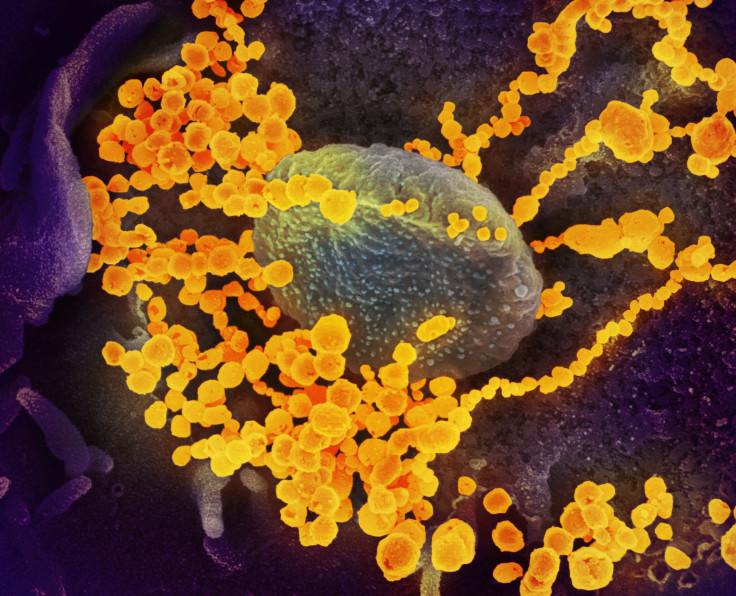Coronavirus Can Attack Brain Cells, Use It To Reproduce, New Study Reveals
KEY POINTS
- A new medical study from the Yale School of Medicine asserts SARS-CoV-2 can infect the brain's neurons
- It is the first study affirming this link although more research is needed to determine the long-term effects
- “If the brain does become infected, it could have a lethal consequence,” said Dr. Akiko Iwasaki, an immunologist at Yale who led the study
A new medical study asserts SARS-CoV-2 (severe acute respiratory syndrome coronavirus 2), the virus that causes COVID-19, can invade the brain and infect neurons or brain cells, causing damage and even death.
The study from researchers at the Yale School of Medicine offers the first "clear evidence of infection with accompanying metabolic changes in the infected and neighboring neurons." It also argues a "SARS-CoV-2 neuroinvasion, but not respiratory infection, is associated with mortality" in COVID-19 patients.
The Yale study also found SARS-CoV-2 forces neurons to multiply, but doesn’t destroy them. Instead, this massive replication greatly inhibits the oxygen supplied to adjacent cells, causing them to wither and die.
"These results provide evidence for the neuroinvasive capacity of SARS-CoV-2, and an unexpected consequence of direct infection of neurons by SARS-CoV-2," according to the study.
It remains unclear how SARS-CoV-2 manages to penetrate the barriers protecting the brain. Infection of the brain by a SARS-CoV-2 neuroinvasion is likely to be rare, but some people could be susceptible because of their genetic backgrounds, a high viral load or other reasons.
“If the brain does become infected, it could have a lethal consequence,” said Dr. Akiko Iwasaki, an immunologist at Yale who led the study, to The New York Times.
Her team also didn’t find any evidence of an immune response to remedy the SARS-CoV-2 neuroinvasion of the brain.
“It’s kind of a silent infection,” noted Dr. Iwasaki. “This virus has a lot of evasion mechanisms.”
Previous studies revealed some patients with COVID-19 develop serious neurological complications, including nerve damage. But scientists previously "hadn’t really seen much evidence that the virus can infect the brain, even though we knew it was a potential possibility,” said Dr. Michael Zandi, consultant neurologist at the National Hospital for Neurology and Neurosurgery in the United Kingdom. “This data just provides a little bit more evidence that it certainly can.”
The study found SARS-CoV-2 seems to rapidly decrease the number of synapses, or the connections between neurons. It also confirmed SARS-CoV-2 infects cells via ACE2, a protein on a cell's surface. This protein is especially prevalent in the lungs, which explains why they are the more common targets of SARS-CoV-2.
“Days after infection, and we already see a dramatic reduction in the amount of synapses,” said Dr. Alysson Muotri, a neuroscientist at the University of California, San Diego. “We don’t know yet if that is reversible or not.”
With the title, "Neuroinvasion of SARS-CoV-2 in human and mouse brain," the study was published in the preprint medical server BioRxiv last week but has not been vetted.

© Copyright IBTimes 2024. All rights reserved.





















